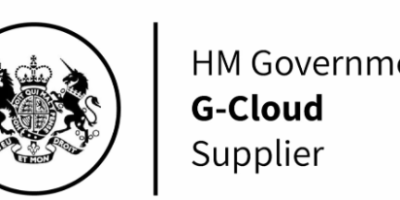Incidents, while often complex and challenging, provide valuable learning opportunities that can enhance an organisation’s resilience and strategic planning.
Here are ten crucial takeaways from such experiences:
- Communication is Key: Clear, concise, and timely communication is critical. Keeping all stakeholders informed, from team members to executives and customers, helps maintain trust and transparency during the incident. Clear communication also refers to the internal environment instilled within day-to-day operations. A no-blame culture that actively and positively encourages reporting incidents leads to quicker response rates when incidents happen (which they will!)
- Rapid Detection and Response: The speed at which an incident is detected and addressed can significantly impact its severity. Ongoing employee training on incident protocols such as simulated drills can enhance readiness and response and ensure everyone is prepared to handle incidents appropriately. Leveraging technology such as robust monitoring and alert systems can also enable quick identification and mitigation of issues.
- Leadership Involvement: Strong leadership is crucial during a crisis. Leaders must be visible, decisive, and communicative to guide their teams through the incident and recovery phases.
- Root Cause Analysis: Understanding the root cause of the incident is essential for preventing future occurrences. A thorough analysis helps identify underlying problems and implement long-term solutions.
- Documentation Matters: Having a well-documented incident response plan ensures that everyone knows their role and responsibilities, leading to a swift and organised response. Additionally, accurate and detailed documentation of incidents aids in analysing what went wrong and how similar issues can be prevented in the future. It also helps in maintaining compliance with regulatory requirements.
- Learning from Mistakes: Incidents often reveal gaps in processes or systems. Use these as learning opportunities to strengthen your risk management practices and avoid repeating the same mistakes.
- Collaboration and Teamwork: Effective incident management requires collaboration across various departments. Building a culture of teamwork ensures that diverse expertise is utilised to handle the incident efficiently.
- Stakeholder Engagement: Engaging with stakeholders, including customers, suppliers, and regulators, ensures transparency and can aid in managing the impact of the incident. Keeping them informed and engaged throughout the incident helps mitigate panic and maintain trust.
- Continuous Improvement: Post-incident reviews are vital for continuous improvement. Regularly updating and testing your incident response plan ensures it remains effective and relevant.
- Resilience Building: Every incident is a test of your organisation’s resilience – use each incident as an opportunity to build and strengthen it. This involves not only recovering from the incident itself, but also emerging stronger and better prepared for future risks.
By embracing these lessons, organisations can transform risk management incidents into opportunities for growth and enhancement, fortifying their defences against future challenges.
For learn more on how CalQRisk can help you manage incidents, request a free demo today.








